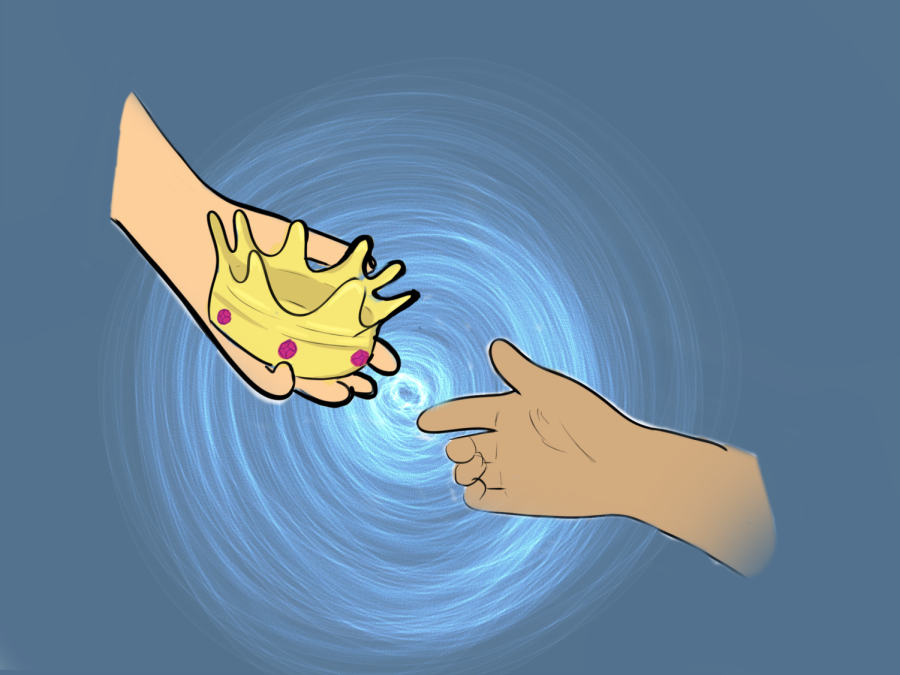It’s Time to Do Away With the British Monarchy
Queen Elizabeth II died on Sept. 8, passing her rule on to Charles III, who has now taken the position of King of England.
September 28, 2022
On Sept. 8, Queen Elizabeth II died. A global icon is now gone, and her death felt seismic when it happened, even if you didn’t pay any attention to the lives of the royal family. The queen was laid to rest eleven days later, signaling the end of a rule that spanned over seven decades.
But what did Elizabeth actually rule over?
The answer is, surprisingly, very little.
The current British system of government maintains a mostly symbolic monarchy. The Crown’s political powers are limited to appointing prime ministers, opening and closing the Parliament, and formally approving legislature — processes reliant on the collective power of Britain’s larger government, rather than the ability to act independently. The duties are mostly ceremonial — performed to maintain unity and tradition. Thus, the British government could function quite easily without a monarch.
Furthermore, the British royal family is extremely expensive, and they are funded by taxpayer money. The monarchy cost British taxpayers £102.4 million this past year.
All of this money is largely spent on royal duties, which amounts to meet-and-greets, school visits, and garden parties for the royals to attend. Costs rose by 17% in 2021 due to the ongoing renovation of Buckingham Palace.
The royal family, which holds no power in Britain’s government, costs the country millions of pounds each year for insignificant responsibilities, allowing the family to live in luxury year after year off of the backs of the public.
Lastly, the Crown is also a symbol of Britain’s colonial legacy. When the British monarchy did hold significant governmental power, they colonized over 700 million people from a myriad of nations — often employing enslavement, theft, violence, and other forms of oppression. Furthermore, some countries such as Jamaica remained under British rule while Queen Elizabeth II was in charge.
All in all, the Crown has become a symbol of a bygone era, one that Britain should be eager to distance itself from given its colonial history. A role of head of state, while essential to Britain’s form of government, can easily be filled without the pomp, circumstance, or luxury of a monarch. The monarchy is an unnecessary expenditure for the British citizen, and it’s time to leave it where it belongs: in the past.





